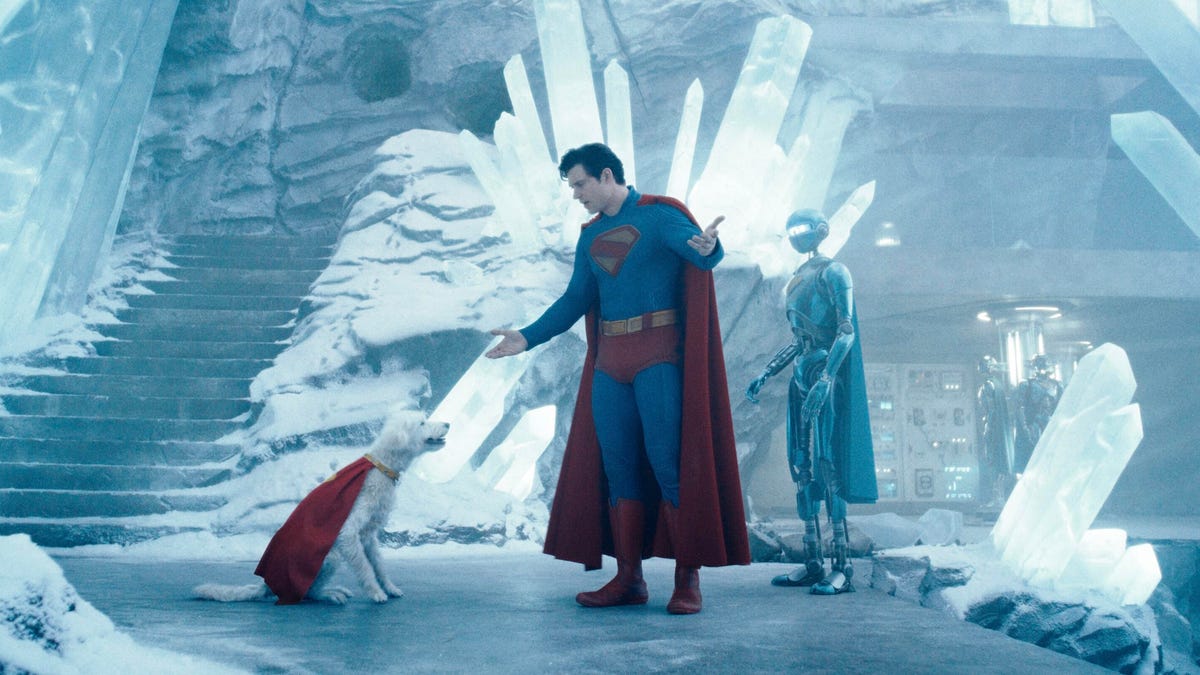Warner Bros. Discovery Sues AI Image Generator Midjourney Over Copyright Infringement

Key Points
- Warner Bros. Discovery files a copyright infringement lawsuit against Midjourney.
- The complaint alleges Midjourney lets users create images of protected characters like Batman and Scooby‑Doo.
- Midjourney briefly restricted, then reinstated, a video model that could animate those characters.
- The lawsuit follows similar actions by Disney and Universal earlier in the year.
- Midjourney has not publicly responded to the filing.
- The case underscores ongoing legal debates about AI training data and fair use.
Warner Bros. Discovery has filed a copyright infringement lawsuit against the AI image‑generation platform Midjourney, alleging that the service allows users to create images featuring protected characters such as Batman, Scooby‑Doo and Bugs Bunny. The complaint asserts that Midjourney knowingly offered a tool that facilitates large‑scale piracy, even after briefly restricting the animation of certain characters. The suit follows similar actions by Disney and Universal, and it highlights ongoing legal battles over how AI systems use copyrighted material for training and content creation.
Background of the Lawsuit
Warner Bros. Discovery, representing its entertainment assets including DC Comics, Cartoon Network and Hanna‑Barbera Productions, has initiated a copyright infringement lawsuit against Midjourney, an AI image‑generation platform. The complaint claims that Midjourney enables users to produce images that incorporate iconic characters owned by Warner, such as Batman, Scooby‑Doo and Bugs Bunny, without permission. According to the filing, Midjourney’s business model deliberately disregards copyright protections, allowing a "bottomless pit of plagiarism" to flourish.
Allegations of Knowledge and Intent
The lawsuit contends that Midjourney was aware of its infringing activities. It points to a brief period when the company disabled a video‑generation model that could animate scenes featuring protected characters, only to later lift those restrictions. Warner Bros. Discovery interprets this as evidence that Midjourney recognized the wrongdoing but chose to resume the infringing service for profit. The complaint also notes that Midjourney updated its terms of service to prohibit “red‑teaming,” a safety practice used by tech firms, further suggesting an effort to evade scrutiny.
Legal Context and Precedent
This action follows lawsuits filed earlier in the year by Disney and Universal against Midjourney for similar alleged violations. All three suits are being handled by the same law firm, underscoring a coordinated effort by major entertainment companies to protect their intellectual property against AI‑driven copying. The broader legal landscape includes ongoing cases that examine whether training‑data usage by AI models constitutes fair use, with recent rulings offering mixed outcomes for other AI developers.
Midjourney’s Response and Potential Impact
Midjourney has not responded to requests for comment at the time of reporting. The company’s platform remains operational, and the lawsuit does not appear to threaten immediate service interruptions for users. However, the legal pressure could compel Midjourney to adjust its technology, policies, or user guidelines to better respect copyrighted works.
Industry Reactions
Warner Bros. Discovery emphasized its role in creating stories and characters for audiences, framing the lawsuit as a defense of its creative investments. Spokespeople from Disney and NBCUniversal have expressed similar concerns about protecting their content. The case highlights the tension between rapid AI innovation and the need for clear copyright safeguards, a theme that continues to dominate discussions in both the tech and entertainment sectors.